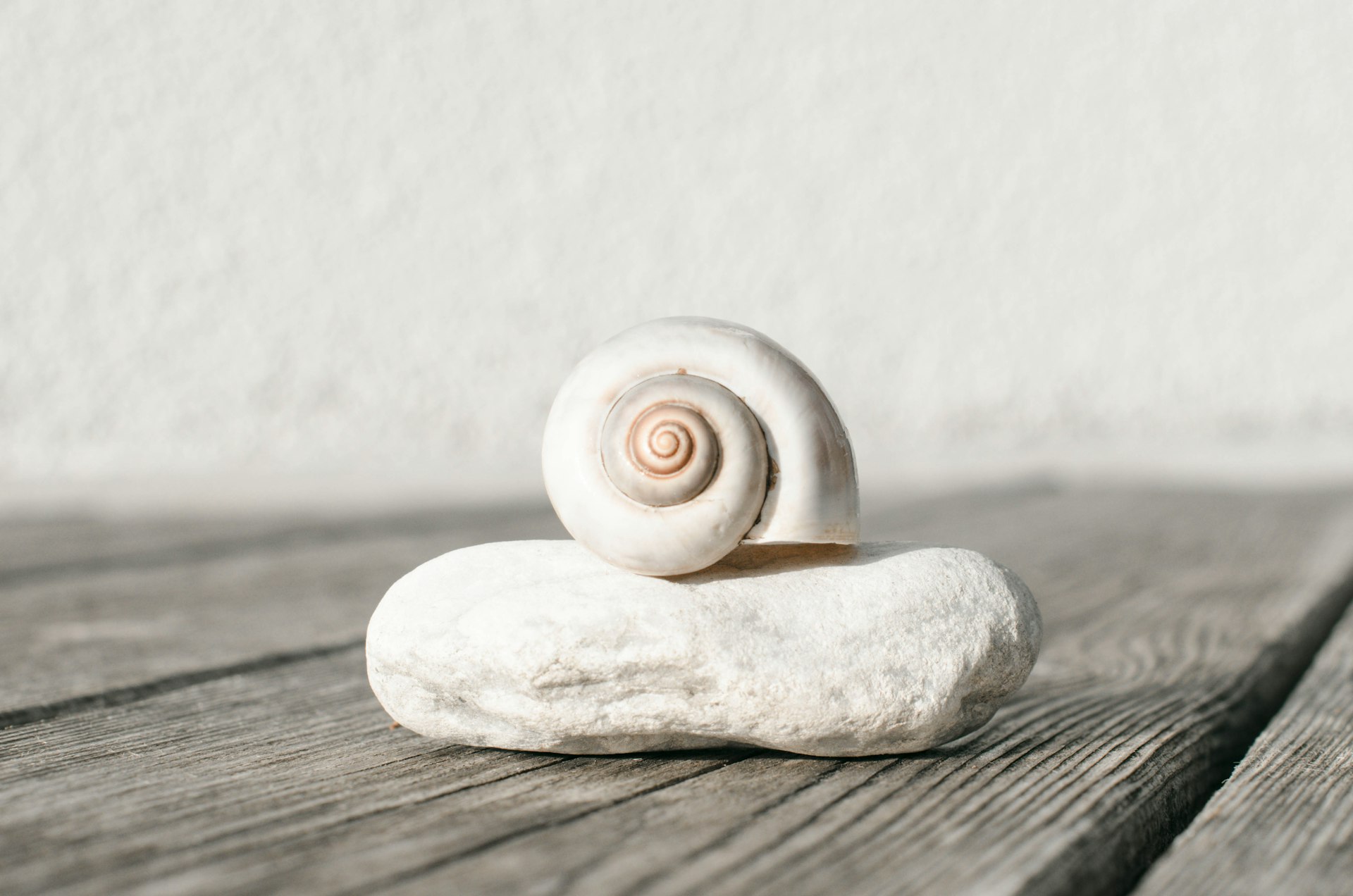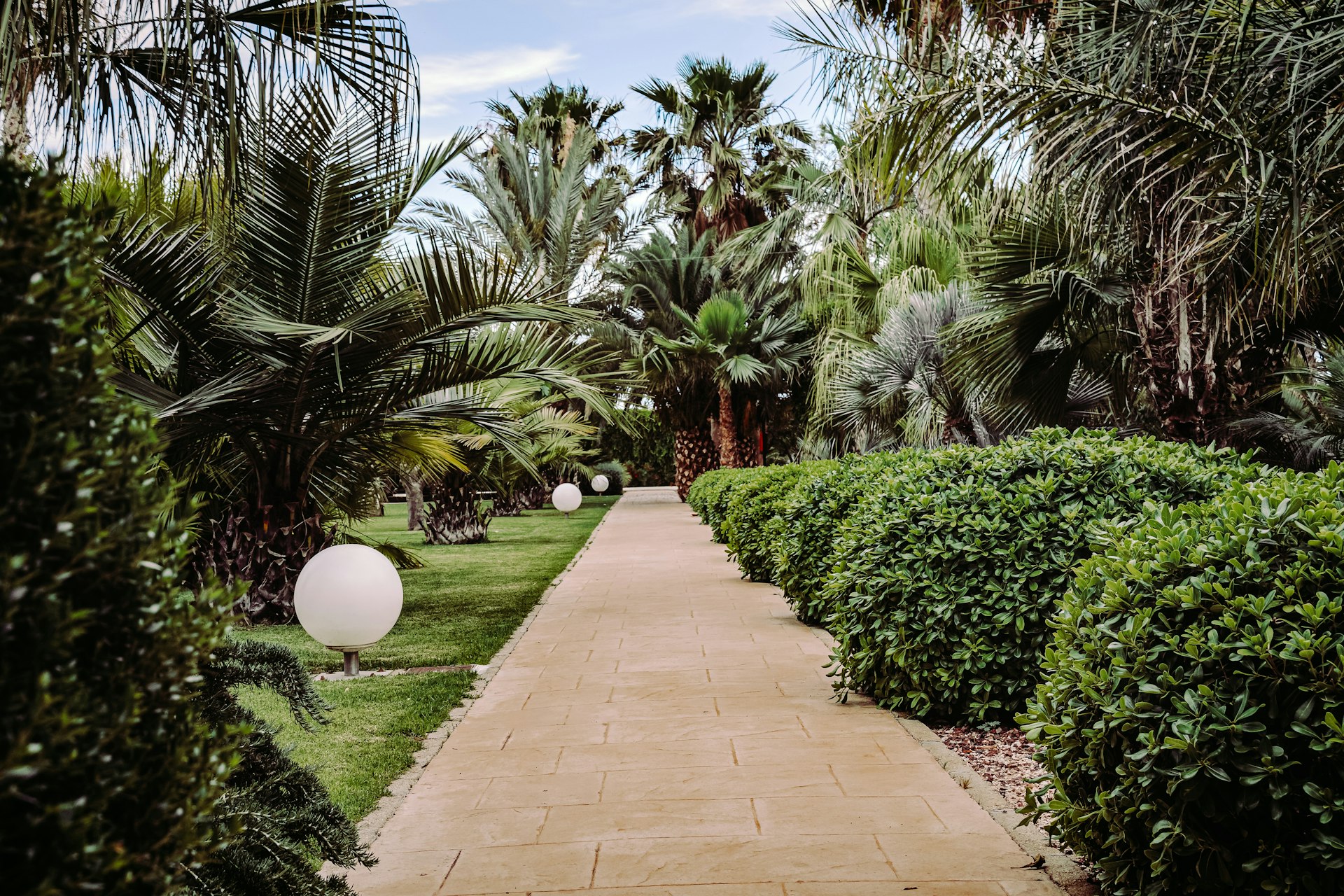Unlocking Mental Wellness: How Outdoor Activities Transform Mind and Mood

Photo by Yuliia Harashchenko on Unsplash
Introduction
In today’s fast-paced world, prioritizing mental wellness is more important than ever. A growing body of evidence demonstrates that spending time outdoors and engaging in nature-based activities can significantly improve mental health. Whether you are seeking to manage stress, reduce anxiety, or simply elevate your mood, integrating outdoor experiences into your routine can offer tangible, lasting benefits. This article explores the science behind outdoor activities and mental wellness, shares actionable steps for getting started, and provides guidance on accessing local resources.
Why Outdoor Activities Matter for Mental Health
Multiple peer-reviewed studies confirm that nature-based outdoor activities lead to measurable improvements in mental health outcomes across diverse populations. Engaging with nature-whether through walking, gardening, group activities, or more immersive experiences like forest therapy-has been shown to reduce symptoms of depression and anxiety, elevate mood, and foster feelings of hope and connection [1] . The benefits are seen not only in individuals with pre-existing mental health conditions but also in healthy adults seeking preventive strategies.
During times of crisis, such as the COVID-19 pandemic, studies found that reduced access to outdoor recreation directly correlated with higher levels of stress and depressive symptoms. Conversely, those who maintained regular outdoor activities reported significantly better well-being, even after accounting for other risk factors [2] . This highlights the critical role of outdoor spaces as an essential part of mental health infrastructure, not a luxury.
Key Benefits of Outdoor Activities for Mental Wellness
Research identifies several core mental health benefits from spending time outdoors:
- Stress Reduction: Exposure to natural environments has a calming effect on the nervous system, lowering cortisol (the body’s primary stress hormone) and regulating blood pressure and heart rate. These effects can be felt in as little as five minutes outdoors [4] .
- Improved Mood and Reduced Anxiety: Nature-based activities, including walking in green spaces or participating in group gardening, are associated with reduced depressive symptoms and heightened positive emotions. Group interventions tend to have the largest and most consistent effects [1] .
- Enhanced Focus and Cognitive Function: Spending time in natural settings supports better concentration, memory, and creative thinking. It may also be helpful for managing symptoms of ADHD [4] .
- Better Sleep: Daily exposure to natural light helps regulate sleep cycles, improving both sleep quality and duration [5] .
- Long-Term Mental Health Protection: Children who grow up with regular access to green spaces show a lower risk of developing mental health disorders later in life [5] .
- Community and Social Connection: Outdoor activities often foster social interaction, which further supports emotional resilience and a sense of belonging [3] .
Real-World Examples and Case Studies
Nature-based interventions can take many forms. For example, group forest therapy sessions lasting four to eight weeks have been shown to reduce depression and anxiety, while extended gardening programs help people with chronic health issues improve their mood and sense of community [1] . During the COVID-19 pandemic, near-home activities like walking and gardening accounted for the majority of outdoor recreation, and those who maintained these habits reported better mental health outcomes [2] .
Specialized programs have also demonstrated unique benefits for individuals with disabilities. For example, gardening at inpatient psychiatric facilities has provided not only sensory stimulation and calmness but also improved mood, social interaction, and a greater sense of empowerment [3] .
Implementing Outdoor Activities: Step-by-Step Guidance
Integrating outdoor activities into your daily routine does not require specialized equipment or skills. Here’s how you can start:

Photo by Li Yang on Unsplash
- Identify Accessible Green Spaces: Begin by exploring local parks, trails, or community gardens. Many cities maintain online directories of public outdoor spaces. If you have mobility challenges, look for parks with paved paths or accessible features.
- Start Small: Even short walks outside-around your block or in a nearby park-can provide immediate mental health benefits. Aim for at least 10-20 minutes a day to start, gradually increasing as you feel comfortable.
- Join Group Activities: Participating in group walks, outdoor fitness classes, or community gardening projects can offer added social and emotional benefits. Check with your local parks and recreation department or community centers for scheduled programs.
- Incorporate Nature into Everyday Life: Gardening, birdwatching, or simply spending time sitting outdoors can all contribute to improved mental wellness. For those with limited outdoor access, consider bringing nature indoors with houseplants or natural light.
- Monitor Your Mood: Keep a journal to track changes in your mood, stress levels, and sleep patterns as you increase your time outdoors. This can help you recognize personal benefits and maintain motivation.
Challenges and How to Overcome Them
While the benefits of outdoor activities are clear, some people encounter barriers such as limited mobility, lack of nearby green spaces, or time constraints. Here are solutions and alternatives:
- For Limited Mobility: Seek out parks with accessible features or participate in passive nature contact, like sitting in a garden or using virtual nature experiences if outdoor access is not possible [3] .
- For Urban Residents: Many cities offer rooftop gardens, community green spaces, or walking paths. Contact your local parks department or use city government websites to locate resources.
- For Busy Schedules: Incorporate nature breaks into your day-have lunch outside, walk during phone calls, or schedule weekend outdoor activities with friends or family.
Accessing Community Resources and Support
Many public and nonprofit organizations provide opportunities for outdoor recreation, mental health support, and accessible programming. To find resources near you:
- Contact your local parks and recreation department for information on free or low-cost outdoor programs.
- Visit city or county government websites to locate directories of parks, trails, and gardens.
- For those with specific needs (such as disabilities or chronic health conditions), reach out to advocacy groups or health care providers for recommendations on accessible outdoor activities.
- If you need mental health support, consider discussing nature-based interventions with your clinician or therapist, who may be able to refer you to specialized programs in your area.
Alternative Approaches When Outdoor Access is Limited
If you are unable to spend time outdoors due to weather, health, or other constraints, you can still benefit from nature:
- Bring nature inside with houseplants, natural materials, or nature-themed artwork.
- Use virtual reality or online videos to experience natural settings from home.
- Practice mindfulness and relaxation techniques while visualizing natural environments.
Key Takeaways
Outdoor activities are a powerful, evidence-based tool for supporting mental wellness. By spending time in green spaces, engaging in group or individual activities, and making nature a part of daily life, you can reduce stress, boost mood, and develop lasting resilience. If you face barriers, seek out community resources or adapt activities to fit your needs. The path to better mental health may be closer-and more accessible-than you think.
References
- [1] Coventry PA et al. (2021). Nature-based outdoor activities for mental and physical health. Systematic review and meta-analysis.
- [2] Oregon State University News (2023). Research shows outdoor recreation not a luxury but a public health necessity.
- [3] Rutgers University (2023). Physical and mental health benefits of access to outdoor recreation and nature.
- [4] Mayo Clinic (2023). The mental health benefits of nature: Spending time outdoors to refresh your mind.
- [5] UC Davis Health (2023). 3 ways getting outside into nature helps improve your health.
MORE FROM hotondeals.com













